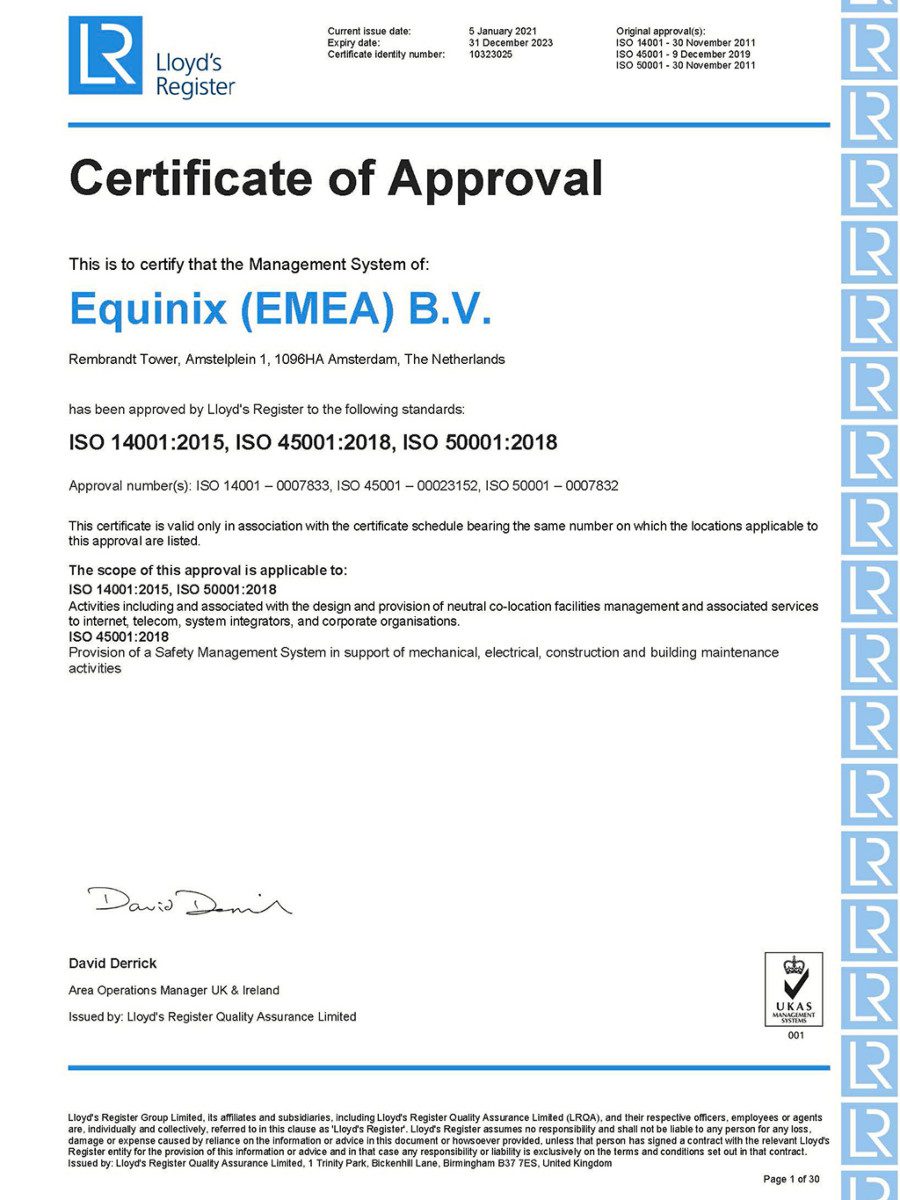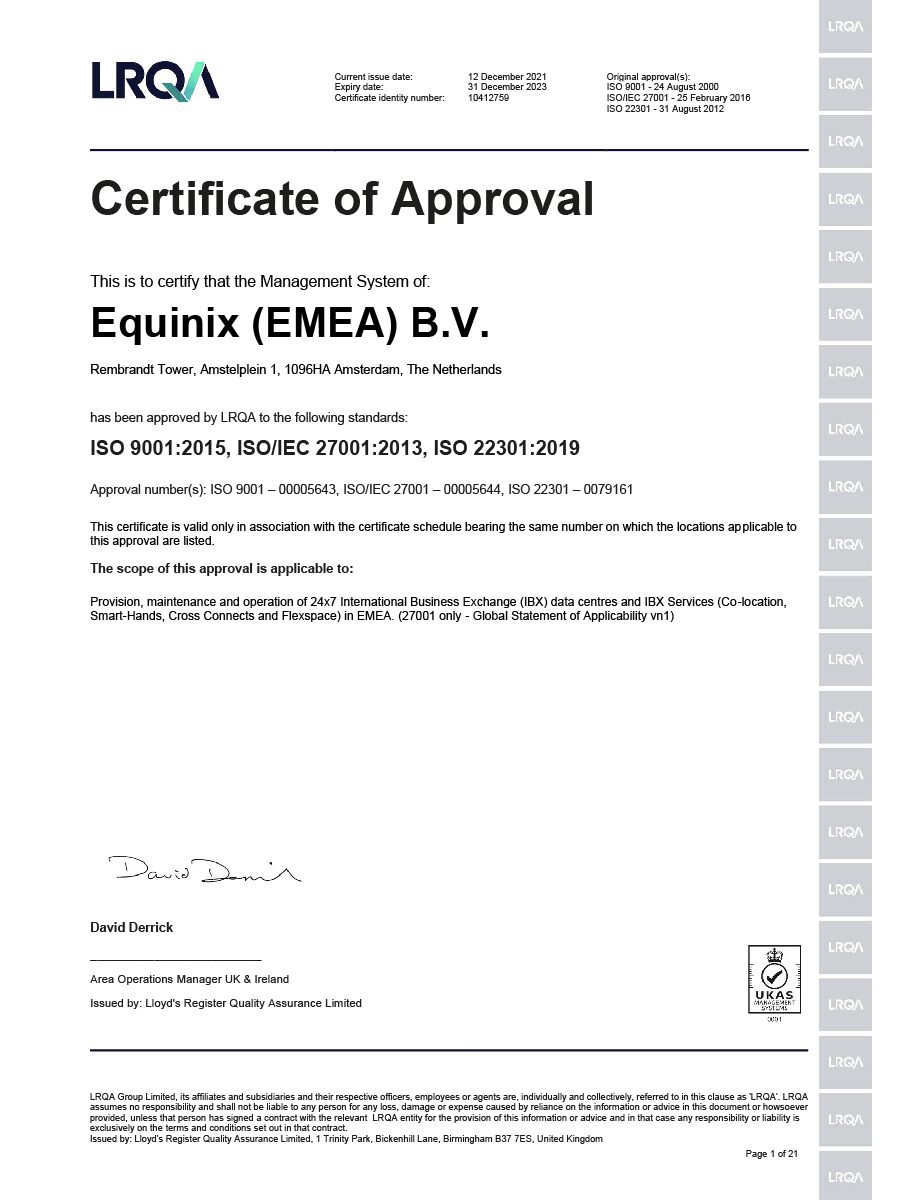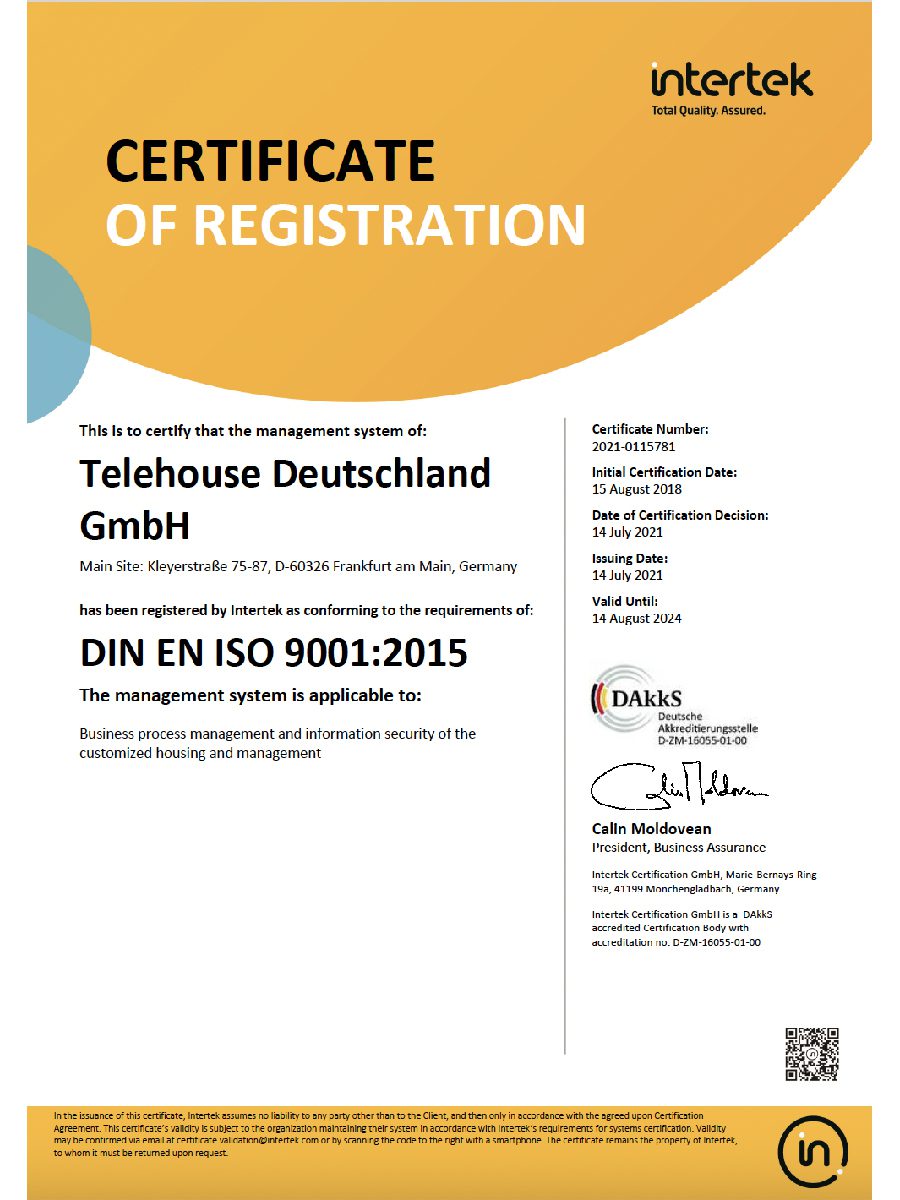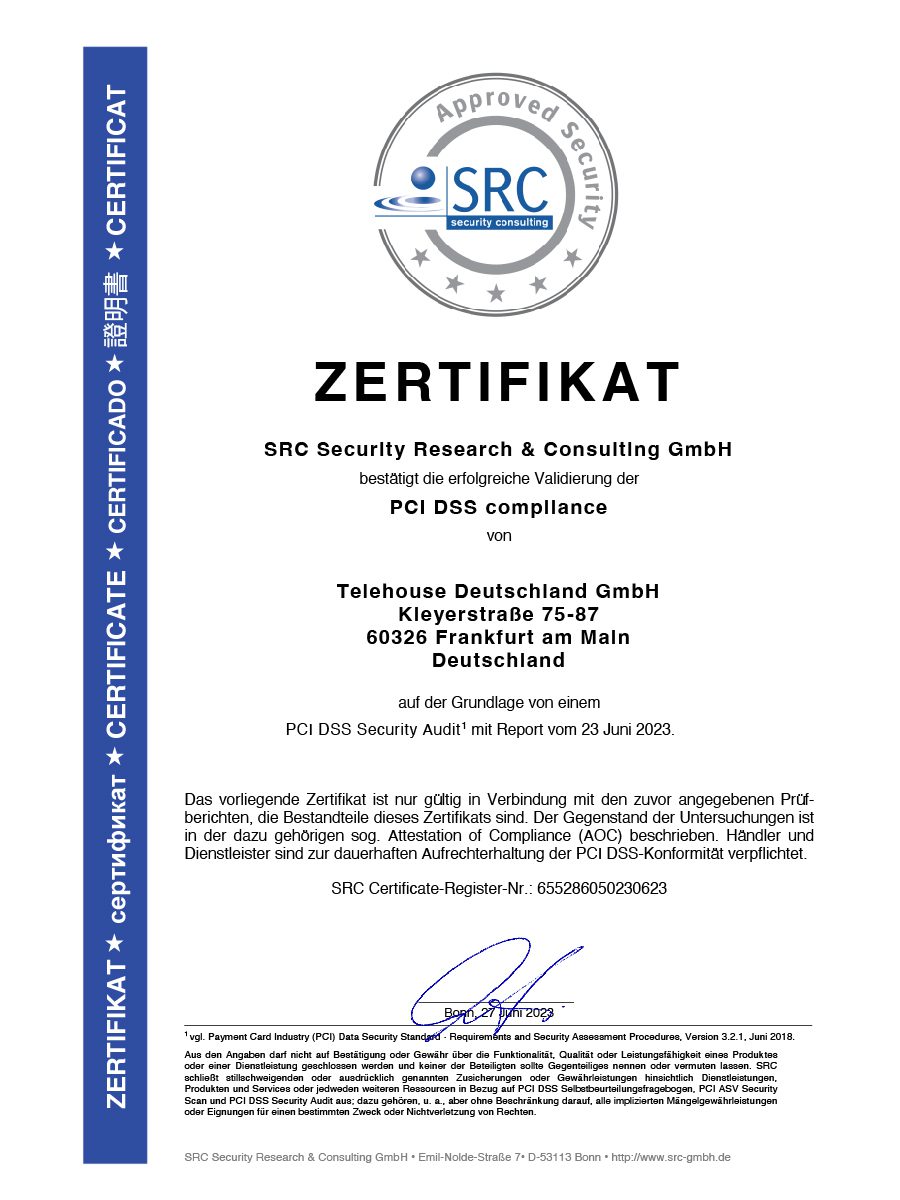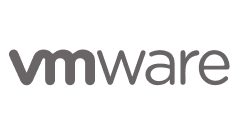"Multicloud" refers to a multi-cloud infrastructure with connections to hyperscalers.
An economical, efficient, and flexible multicloud solution based on the Colobridge cloud with connections to hyperscalers AWS, GCP, and Azure. Data hosting in Germany across two certified data centers, with 24/7 support in your native language. OrderGet adviceService order
Order a call!
Service order


Benefits of Multi-Cloud
Independence from a Single Cloud Provider
Selecting the cloud for a specific task
Cloud Cost Optimization
Risk Management
High Fault Tolerance
Rapid Innovation Deployment
Why Colobridge
Information security at the legislative level of Germany
Data centers are among the “World Top 5 Data Center Operators”
Multilingual expertise and professional technical support 24×7×365
High quality of service — 4.9 points for evaluation. Support service response — up to 15 minutes
Reviews and our clients
During our cooperation, Colobridge GmbH has proved itself as a reliable partner with profound competencies in IT services. Individual approach to the client, flexibility and readiness for customized solutions make Colobridge GmbH stand out from the other providers.












































































































The advantages of a multi-cloud solution on the Colobridge platform
Any configuration of cloud infrastructure (IaaS)
Uptime and availability of 99.95%
Free trial for 7-14 days
Hyper-V Virtualization
We will host your data in the Hyper-V cloud, which supports a wide range of guest OSes, ensures stable and fault-tolerant operation of virtual servers, and enables easy scalability as workload demands grow.
Cross-connect with public cloud hyperscalers
Smooth Cloud Migration
Multicloud FAQs
What is multicloud?
The multi-cloud approach involves an organization using two or more public clouds from different providers. Implementation possibilities of a multi-cloud strategy:
- include tailoring clouds to specific workloads;
- leveraging cost-effective solutions from each service provider;
- minimizing risks associated with reliance on a single cloud provider;
- reducing time for innovation deployment;
- adhering to corporate and regional security policies;
- and adapting IT infrastructure to actual business needs.
To connect cloud environments from different service providers, a multi-cloud networking is often used. It enables the connection of core clouds with clouds at the edges of computation, ensuring stable performance for all workloads and reducing costs associated with maintaining multi-cloud infrastructure.
Who is multicloud suitable for?
The multi-cloud approach would be an optimal choice for organizations that want to:
- Avoid dependence on a single cloud service provider;
- Reduce expenses related to maintaining cloud IT infrastructure;
- Ensure high availability of all data and services;
- Quickly test and implement innovative solutions;
- Achieve minimal latency across different regions;
- Meet regional compliance requirements.
What is the difference between multicloud and hybrid cloud?
Sometimes the terms “multi-cloud” and “hybrid cloud” are used interchangeably, but this is incorrect. Multi-cloud involves using cloud products from two or more providers for different workloads. Meanwhile, hybrid cloud involves deploying workloads across different computing environments, which may include one or more public clouds as well as private cloud or on-premises data center. Hybrid cloud is typically chosen because a full transition to public clouds is too costly, requires excessive resources, or the company wants to store critical data in a controlled environment.
What does the multi-cloud infrastructure implementation service include?
Colobridge specialists, as part of preparing and migrating your workloads to the cloud, will perform the following tasks:
- Assess the current state of the infrastructure, classify workloads, and develop a technical specification.
- Assist in selecting cloud product providers on the Colobridge platform and among hyperscalers.
- Develop a migration plan for individual workloads and data to the cloud.
- Gradually migrate client services to minimize downtime or eliminate it altogether.
What is multi-cloud storage?
How to calculate the cost of multicloud?
The total cost of a multi-cloud solution is calculated as the sum of expenses for all public clouds and the tools for centralized management of them. Generally, multi-cloud solutions are more cost-effective compared to hybrid solutions. This is because with multi-cloud, there’s no need to purchase, manage, and maintain private cloud or on-premises infrastructure.
Multicloud cost optimization primarily involves selecting individual products considering their costs across different service providers. However, the second equally important criterion is always the requirements of the workloads themselves. Only in this case can one speak of a pronounced economic effect from implementing a multi-cloud model.
Additional factors influencing the cost of multi-cloud include tools for automated resource management in public clouds, intelligent workload distribution among clouds, and the use of templates.
How is security ensured in a multicloud?
Consistency is crucial in a multi-cloud strategy: ensuring that the same principles and security policies apply when performing similar operations in different public clouds. This is partly achieved by automating security tasks to reduce the impact of human error and by avoiding piecemeal security solutions that involve using separate, poorly integrated tools. It is also important to establish a single point of control — organizing multicloud management security from a unified panel.
What Is Digital Transformation?
The future is today
Artificial Intelligence and Cloud Computing: a Symbiosis of Future Technologies
What’s next?
Try the cloud for free up to 2 weeks
Tell us about your tasks and business requirements
What’s next?
Try the cloud for free up to 2 weeks
Tell us about your tasks and business requirements


